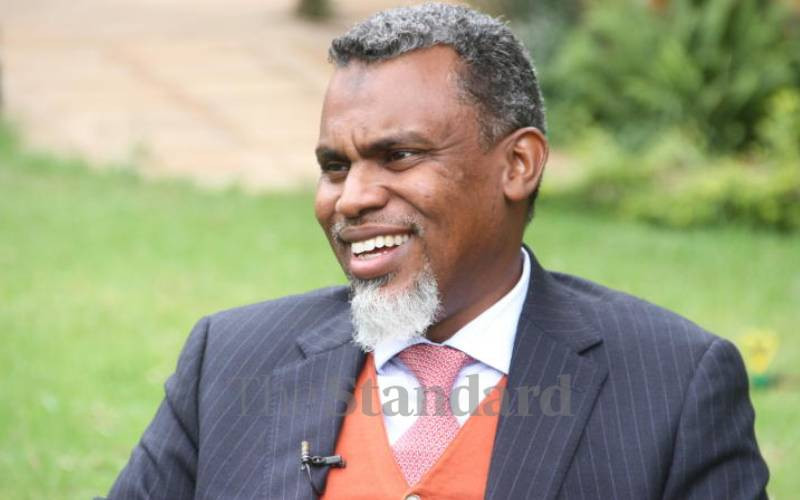×
The Standard e-Paper
Smart Minds Choose Us

This week's piece focuses on the ongoing vetting of former Director of Public Prosecutions Noordin Haji for the position of Director of the National Intelligence Service.
There is no doubt Mr Haji will be found fit to occupy that position. Firstly, Kenya Kwanza's numbers guarantee him a "through pass".